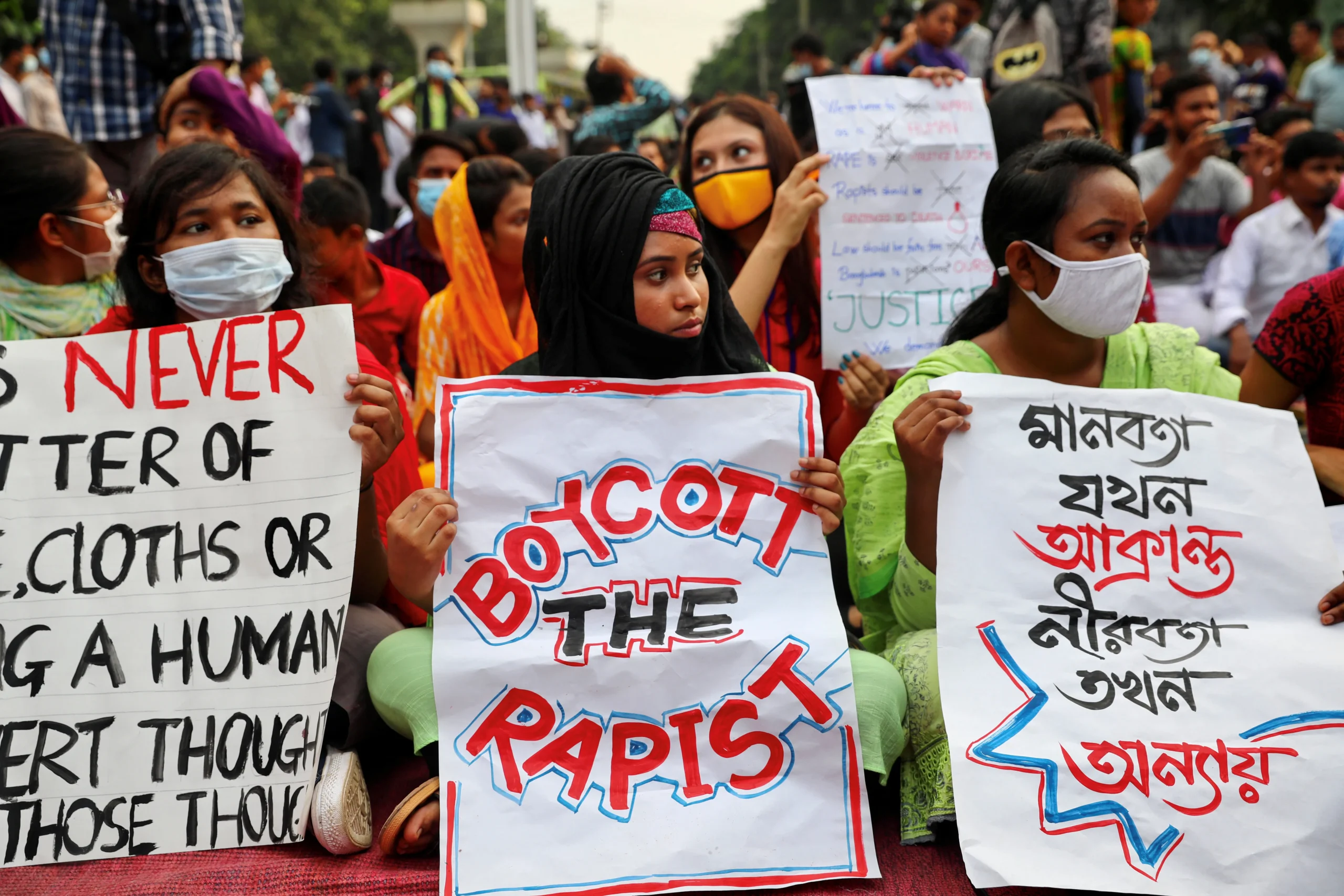Three Killed in Violent Clashes in Bangladesh’s Khagrachhari Over Alleged Rape Case
Related Articles
राष्ट्रवादी कांग्रेस पार्टी के प्रमुख शरद पवार फिर से अस्पताल में भर्ती, जानें डॉक्टर ने क्या बताया?
राष्ट्रवादी कांग्रेस पार्टी के प्रमुख शरद पवार एक बार फिर पुणे के रूबी अस्पताल में भर्ती हुए हैं। 85 वर्षीय नेता ने आज रूटीन...
असम: भूपेन बोरा BJP में शामिल, कांग्रेस से टूटा 32 साल पुराना रिश्ता
असम कांग्रेस के पूर्व चीफ भूपेन कुमार बोरा ने BJP में शामिल होकर कांग्रेस के साथ अपने 32 साल के रिश्ते को समाप्त कर...
फ्लाइंग किस देने पर युवक को तीन साल की जेल की सजा
मुंबई में एक युवक को मात्र एक फ्लाइंग किस देने के कारण तीन साल की जेल की सजा सुनाई गई है। यह घटना शहर...


